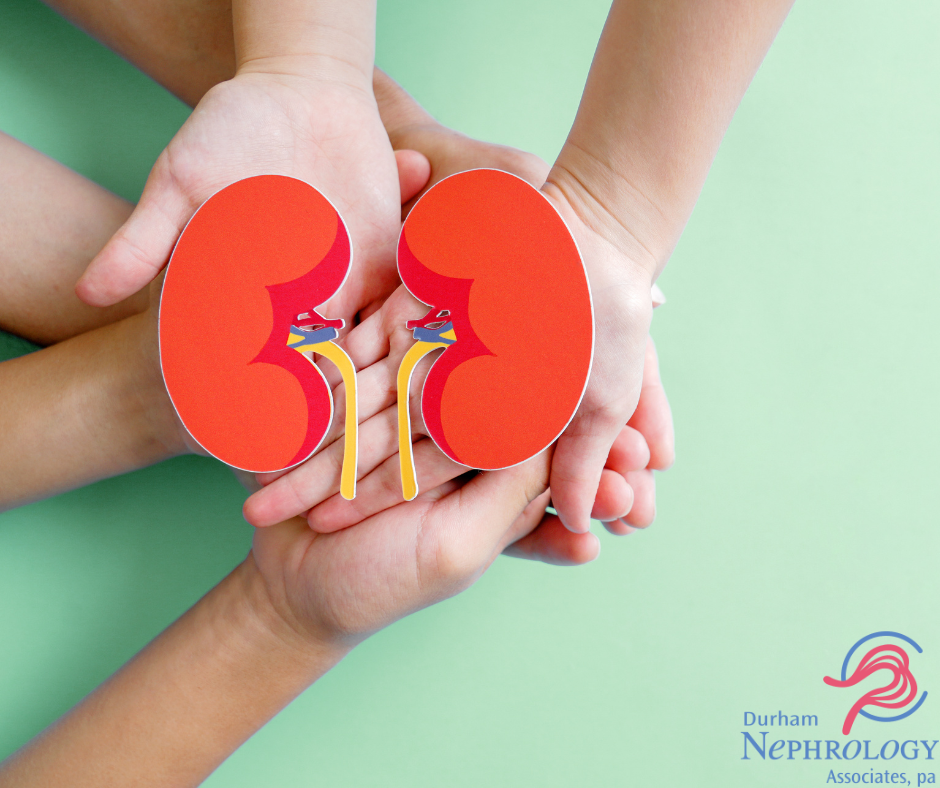
More than 9,000 Americans need new kidneys each year. That’s where kidney donations come in. Through donation, those with kidney failure or end-stage renal disease (ESRD) can lead longer, more fulfilling lives. Here are ten things you need to know about kidney donation.
- There are Two Main Different Types of Living Kidney Donations
There are deceased kidney donations and living kidney donations. Living related kidney donations come from blood relatives, like parents and siblings. Living unrelated donations, on the other hand, are from friends or people who aren’t blood related to the recipient. Kidney donors can choose who gets their kidneys or go through a paired kidney exchange to find a match.
- Kidney Donors Must Meet Certain Requirements
Kidney donors must be at least 18 years old. They’re also required to undergo rigorous physical and mental health exams, blood tests, and diagnostic imaging. The goal of the exams is to make sure that potential donors are in good enough physical and mental health to donate a kidney and lead high quality lives afterward.
- The Recipient’s Insurance Company Usually Pays for a Kidney Donation.
In most cases, the recipient’s health insurance provider will cover the costs that come with a kidney donation. Keep in mind that non-medical expenses for the kidney donor, such as transportation, accommodations, child care, and missed work, may not be covered.
- There is a Kidney Donation Team.
The kidney donation team facilitates the kidney donation process. Typically, this team includes doctors, dieticians, social workers, and living donor coordinators who organize the donor’s exam, prepare them for surgery, and coordinate follow up visits.
- Certain Health Conditions Disqualify People From Donating Kidneys.
In general, kidney donors are in good physical and mental health. They are free from serious health conditions such as heart disease, diabetes, kidney disease, cancer, and more. Kidney donors also maintain a healthy weight.
- Pregnancy is an Option After Kidney Donation.
Contrary to popular belief, donating a kidney won’t interfere with a woman’s ability to get pregnant or give birth. However, it’s a good idea for women to wait at least a year after they donate a kidney before they get pregnant so their body can fully heal.
- Living Kidney Donations Offer Many Benefits.
Living kidney donations are always better than deceased kidney donations. They’re usually quicker, require less time on dialysis, and are more convenient. In addition, a kidney from a living donor often functions immediately and lasts longer than a kidney from a deceased donor.
- Kidney Donors Can Stay Healthy with One Kidney.
The body doesn’t need two kidneys to perform optimally. Therefore, kidney donors can still lead healthy lives. Their remaining kidney can tackle the work of both kidneys, as long as they’re in good health.
- Paired Kidney Exchanges Match Donors to Recipients.
During a paired kidney exchange, a living donor is paired with a recipient. Also known as a kidney swap, it allows recipients with willing donors who are not compatible to match up with other donors. It connects those with kidney transplants with matching donors.
- Kidney Donors Don’t Have to Be in the Same Location as Their Recipients.
If a recipient finds a kidney donor who lives in another part of the country, they can still receive their kidney. The recipient can simply perform their testing at a hospital or lab near their home. There are also some organizations that can help cover travel expenses.
Have Further Questions About Kidney Donations? Contact Us Today
At Durham Nephrology, we’re experts in all things related to kidneys and kidney donations. We encourage you to reach out to us with any additional questions.
